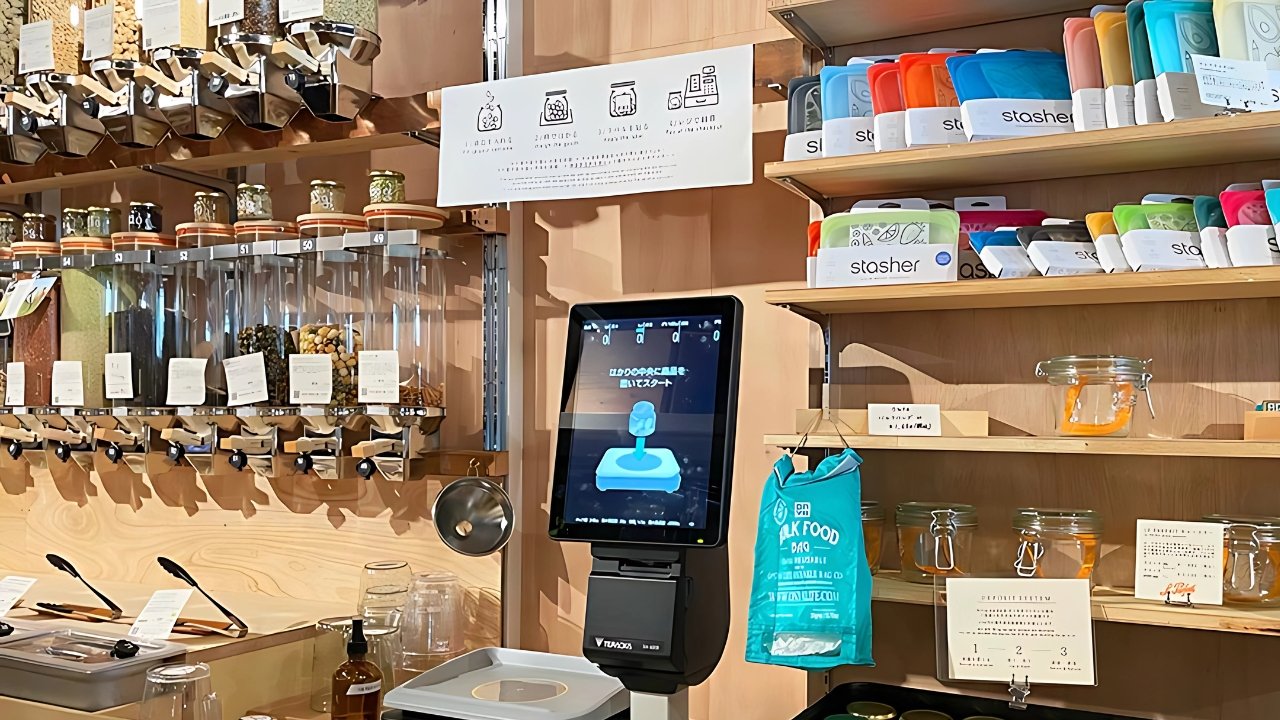
How the zero waste movement faces contradictions in today’s market-driven world and learn practical ways to reduce waste without falling into consumerism traps.
Understanding the Zero Waste Paradox
You’ve probably noticed that special drawer in your kitchen—the one filled with bamboo cutlery, metal straws, and reusable shopping bags. Each purchase promised to bring you closer to a sustainable lifestyle. But here’s the uncomfortable truth: the zero waste movement has become caught in the very system it aims to challenge.
The rise of zero waste products creates what experts call the 3Cs: Contradictions, Commodification, and Capitalism. While these products offer genuine alternatives to wasteful practices, they’ve also become part of a market that thrives on consumption.
The Market Reality of Green Living
How Zero Waste Became a Business
When movements gain momentum, businesses notice. The zero waste market now offers everything from $50 bamboo toothbrushes to $200 steel lunch containers. Companies have transformed environmental consciousness into profit opportunities, sometimes losing sight of the original mission.
This shift from activism to commerce brings both benefits and challenges:
| Positive Aspects | Concerning Trends |
|---|---|
| More sustainable alternatives available | Greenwashing by major corporations |
| Increased public awareness | High prices exclude many people |
| Innovation in eco-friendly materials | Focus shifts from reducing to purchasing |
| Circular economy principles | Consumerism disguised as environmentalism |
The Contradiction Challenge
Contradictions appear everywhere in the sustainable marketplace. A company might sell eco-friendly products while maintaining wasteful production practices. Walmart promotes green initiatives while generating massive packaging waste. These contradictions don’t invalidate the movement but highlight the complexity of operating within capitalist systems.
Rethinking Your Zero Waste Journey
Beyond the Shopping List Mentality
Real zero waste living isn’t about accumulating green products. It’s about questioning consumption patterns and making thoughtful choices. Instead of buying your way to sustainability, consider these approaches:
Start by examining what you already own. That reusable water bottle buried in your closet works just as well as a new $35 stainless steel version. The goal isn’t perfection—it’s progress through conscious decision-making.
Practical Steps Without the Price Tag
Zero waste doesn’t require expensive gadgets. Simple changes make significant impacts:
- Use what you have before buying alternatives
- Repair items instead of replacing them
- Share resources with neighbors and friends
- Choose bulk shopping to reduce packaging
- Compost food scraps using basic methods
The Circular Economy Alternative
Instead of the traditional “take-make-waste” model, circular economy principles focus on reusing materials continuously. This approach reduces dependency on new products while maximizing the value of existing resources.
The 5Cs framework offers guidance: Common Sense, Community, Creativity, Children, and Communication. These principles emphasize collective action over individual consumption.
Making Informed Choices
When purchases are necessary, research companies thoroughly. Look beyond marketing claims to understand actual environmental impacts. Support businesses that prioritize transparency and demonstrate genuine commitment to sustainability.
Building a Sustainable Future
The zero waste movement’s commercialization reveals broader tensions between environmental goals and economic systems. Recognition of these contradictions doesn’t mean abandoning sustainability efforts—it means approaching them more thoughtfully.
True environmental progress combines individual responsibility with systemic awareness. Your daily choices matter, but they’re most effective when part of larger community efforts and policy changes.
Remember that zero waste living is a journey, not a destination. Focus on reducing harm rather than achieving perfection. Question marketing messages that suggest you need specific products to be environmentally conscious. The most sustainable option is often the simplest one.
Frequently Asked Questions
Q: Is the zero waste movement really just about selling products?
A: No, but commercialization has complicated the movement. Focus on principles rather than products for authentic sustainability.
Q: How can I practice zero waste without spending money?
A: Use what you own, repair items, share resources, and choose bulk options when shopping.
Q: Are expensive eco-products worth the investment?
A: Sometimes, but evaluate actual environmental impact rather than marketing claims before purchasing.